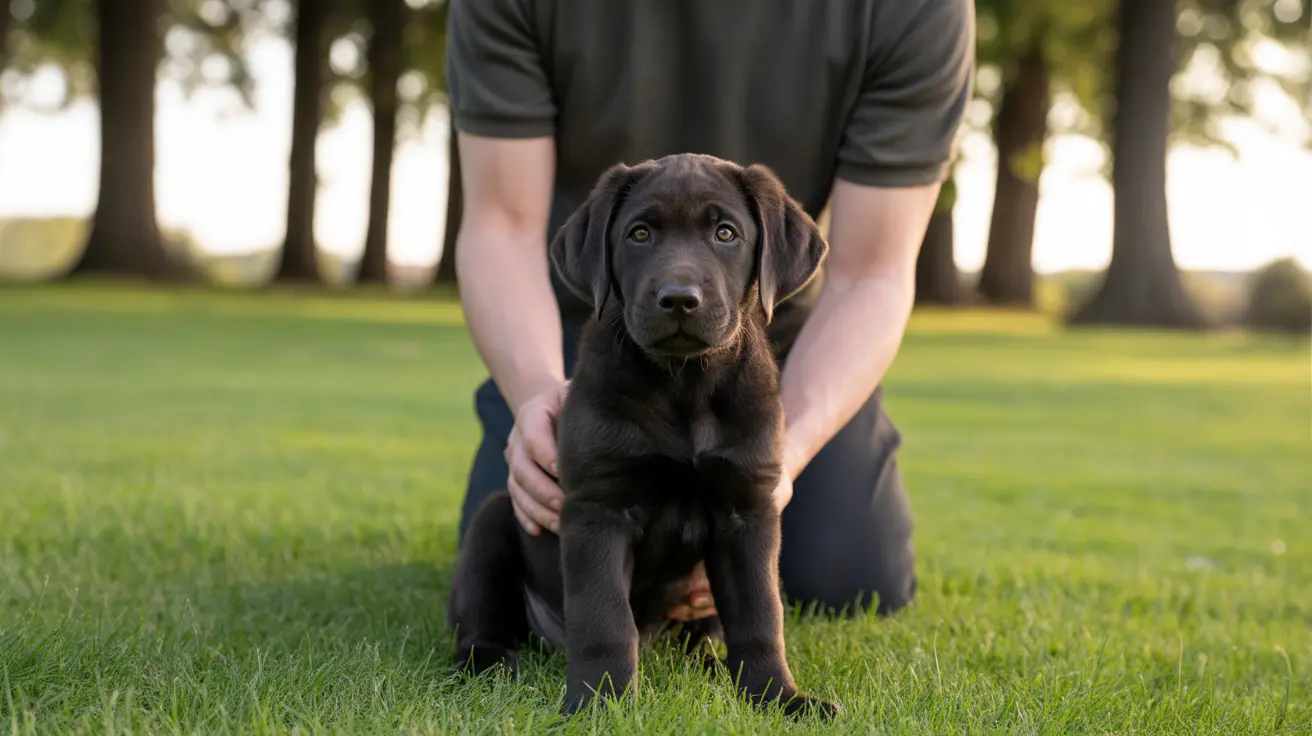Have you ever noticed your dog acting strangely around certain people? That uneasy growl, persistent barking, or unusual behavior might be more than just random reactions. Scientific research increasingly supports what many dog owners have long suspected: dogs possess remarkable abilities to sense and assess human character and intentions.
In this comprehensive guide, we'll explore the fascinating science behind how dogs can sense "bad people" and examine the various mechanisms they use to make these intuitive judgments. From their extraordinary sense of smell to their ability to read subtle body language, we'll uncover what makes our canine companions such excellent judges of character.
The Science Behind Dogs' Ability to Judge Character
Dogs have evolved alongside humans for over 30,000 years, developing sophisticated mechanisms to understand and interpret human behavior. Their ability to sense "bad people" isn't supernatural - it's based on concrete biological and behavioral capabilities that science has begun to understand.
The Power of Canine Olfactory Detection
Dogs possess an incredible sense of smell, with up to 300 million scent receptors compared to our mere 6 million. This remarkable olfactory system allows them to detect subtle chemical changes in human body odor, including stress hormones like cortisol and adrenaline, which often spike when someone has negative intentions.
Reading Human Body Language and Micro-Expressions
Dogs are masters at interpreting human body language, capable of detecting subtle shifts in posture, facial expressions, and movement patterns that might indicate threatening behavior. Research shows they can pick up on micro-expressions that even humans might miss, making them excellent judges of immediate intent.
Scientific Studies Supporting Dogs' Intuition
The Kyoto University study involving 34 dogs demonstrated that canines can evaluate human trustworthiness. After being deceived twice by an unreliable person, all dogs refused to trust that individual again, showing their ability to learn from and remember human behavior patterns.
Hormone Detection and Emotional Assessment
Studies have confirmed that dogs can detect changes in human hormone levels and emotional states. They're particularly sensitive to the chemical signatures of fear, anxiety, and aggression - emotions often associated with negative intentions.
How Dogs Show Their Assessment of People
Dogs typically display several clear signals when they sense something off about a person:
- Increased alertness or vigilance
- Protective positioning between their owner and the perceived threat
- Changes in ear position or tail carriage
- Growling or barking
- Attempting to create distance from the person
Training and Socialization Impact
While dogs have natural abilities to sense negative intentions, proper training and socialization significantly enhance their judgment accuracy. Well-socialized dogs are better at distinguishing between genuine threats and harmless strangers, making their reactions more reliable indicators.
Frequently Asked Questions
How do dogs use their sense of smell to detect people with bad intentions?
Dogs can detect changes in human body chemistry, including increased stress hormones and other chemical markers associated with negative intentions. Their powerful nose can identify these subtle changes in body odor and sweat composition.
Can dogs really tell if someone is untrustworthy or dangerous, and how do they show it?
Yes, dogs can assess trustworthiness through observed behavior and chemical signals. They typically show their assessment through body language, protective behaviors, or avoidance of the person they deem untrustworthy.
What body language or behavioral signs do dogs look for when deciding if a person might be a threat?
Dogs observe facial expressions, body posture, movement patterns, and voice tone. They're particularly attentive to threatening gestures, unusual movements, and signs of nervous or aggressive behavior.
How can I tell if my dog is reacting to a "bad" person or just feeling anxious?
Look for consistency in your dog's reactions and consider the context. A genuine response to a threatening person typically involves focused attention and protective behaviors, while general anxiety might show as scattered nervousness or fearful behavior in various situations.
Is it possible to train my dog to respond safely to people they perceive as threatening?
Yes, through proper training and socialization, dogs can learn appropriate responses to perceived threats. Professional training can help develop controlled, non-aggressive reactions while maintaining their natural protective instincts.
Conclusion
While dogs' ability to sense "bad people" isn't magical, it's based on sophisticated biological mechanisms and keen observational skills developed through evolution. Understanding and respecting your dog's assessments, while combining them with your own judgment, can help create a safer environment for both you and your furry companion.






